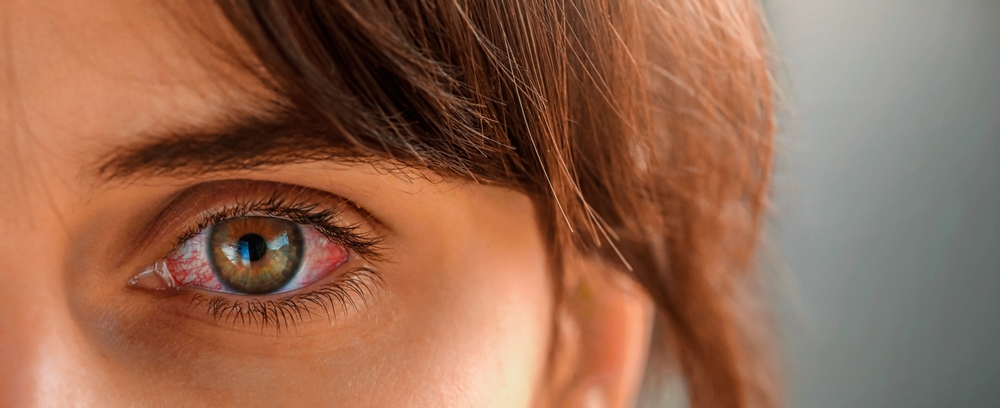
Itchy, watery, red eyes are more than just an inconvenience—they could be signs of eye allergies. Also known as allergic conjunctivitis, eye allergies occur when the eyes react to allergens like pollen, dust, pet dander, or mold. While not typically harmful to your vision, they can cause significant discomfort and interfere with your daily activities.
Common Symptoms of Eye Allergies
Eye allergies can affect one or both eyes and often appear alongside nasal allergies. Common symptoms include:
Redness
Itchiness
Excessive tearing
Burning or stinging sensation
Swollen eyelids
Sensitivity to light
A feeling of grittiness or something “in the eye”
If you wear contact lenses, you may notice increased discomfort or feel the need to remove your lenses more frequently when symptoms flare.
Triggers to Watch Out For
Understanding what triggers your eye allergies is key to managing them. In Rockford, seasonal changes can bring a range of allergens that may affect your eyes. Common culprits include:
Outdoor allergens: Tree, grass, and weed pollen—especially prevalent during the spring and fall seasons in Michigan
Indoor allergens: Dust mites, pet dander, and mold, which can be common in homes year-round
Irritants: Smoke, perfumes, and household cleaning products
Keeping a symptom journal can help you identify patterns and specific allergens causing flare-ups, making it easier to avoid triggers and seek appropriate treatment.
Tips for Relief and Prevention
Managing eye allergies involves both avoiding triggers and using the right treatment. Here are some strategies that can help:
Stay Indoors During High Pollen Counts – Use weather apps or allergy trackers to monitor pollen levels and keep windows closed during peak times.
Use Artificial Tears – Over-the-counter lubricating eye drops can help wash away allergens and soothe irritation.
Apply a Cold Compress – A clean, cool washcloth over your closed eyes can relieve itching and reduce swelling.
Switch to Glasses – On high-allergen days, consider wearing glasses instead of contacts to reduce exposure and eye irritation.
Keep Your Environment Clean – Regularly wash bed linens, vacuum with a HEPA filter, and reduce indoor allergens wherever possible.
Avoid Rubbing Your Eyes – Although tempting, rubbing can worsen irritation and increase inflammation.
When to See Your Eye Doctor
If your symptoms persist, worsen, or interfere with your daily life despite at-home treatments, it’s time to schedule an appointment. Chronic or severe eye allergies may require prescription-strength eye drops or allergy medications. Your eye doctor can also rule out other conditions that may mimic eye allergy symptoms, such as dry eye syndrome or infections.
Find Relief at Fowle Eye Care Associates
At Fowle Eye Care Associates, we’re here to help you find lasting relief from eye allergies. Whether you need a proper diagnosis, customized treatment, or guidance on managing symptoms, our team is ready to support your eye health every step of the way.
If you’re battling with eye allergy symptoms, schedule an eye exam with Fowle Eye Care Associates for personalized treatment. Visit our office in Rockford, Michigan, or call (616) 866-0140 to book an appointment today.









